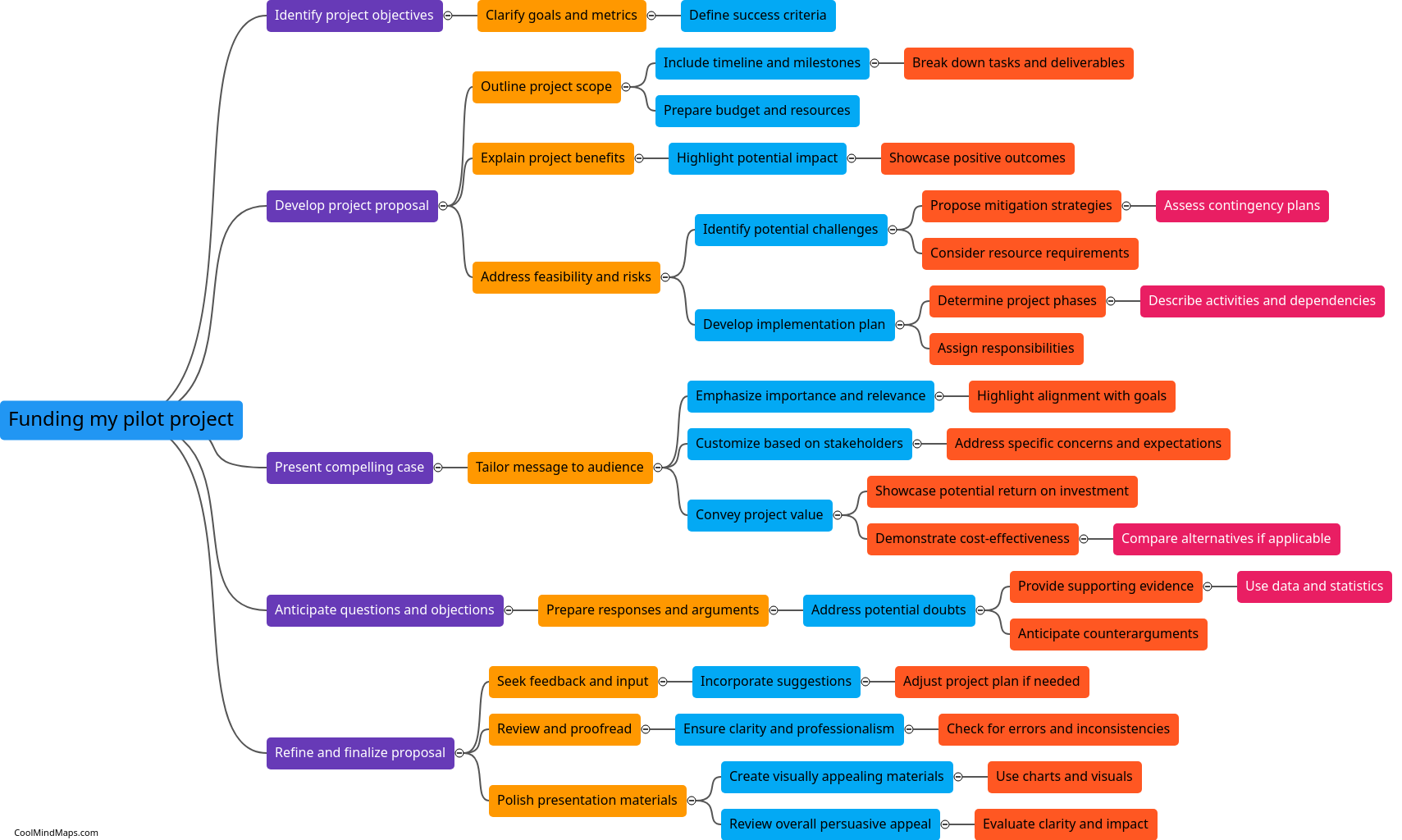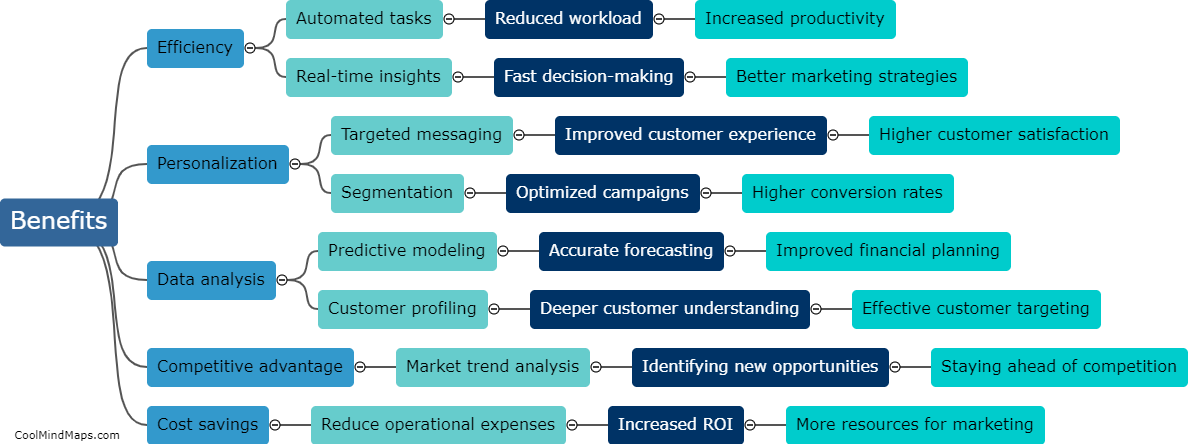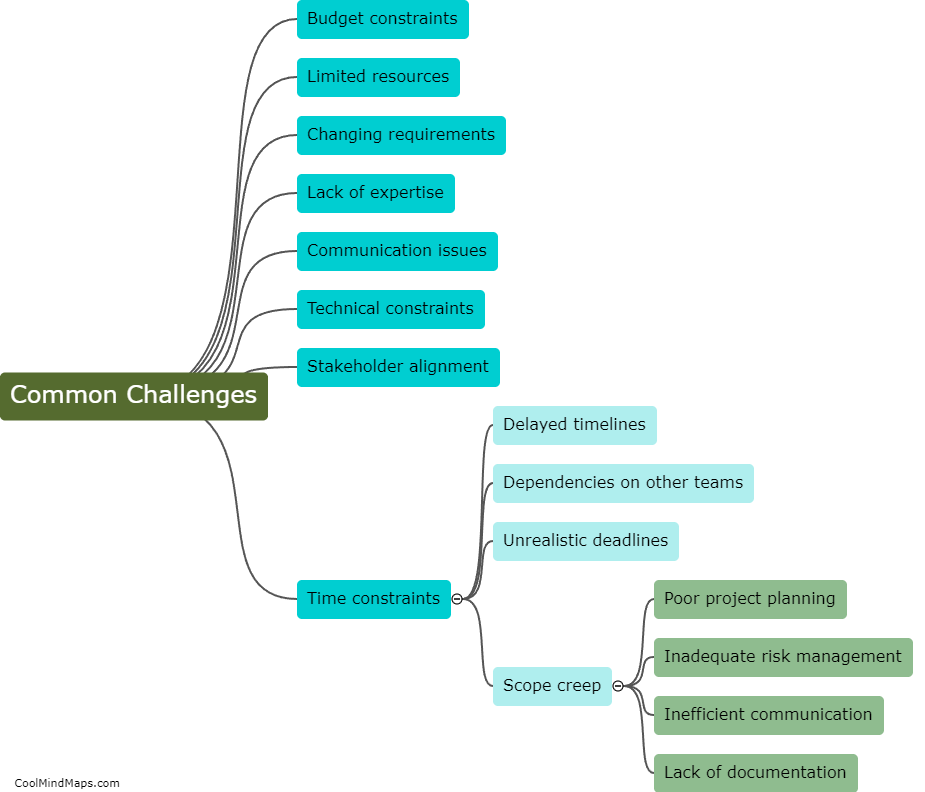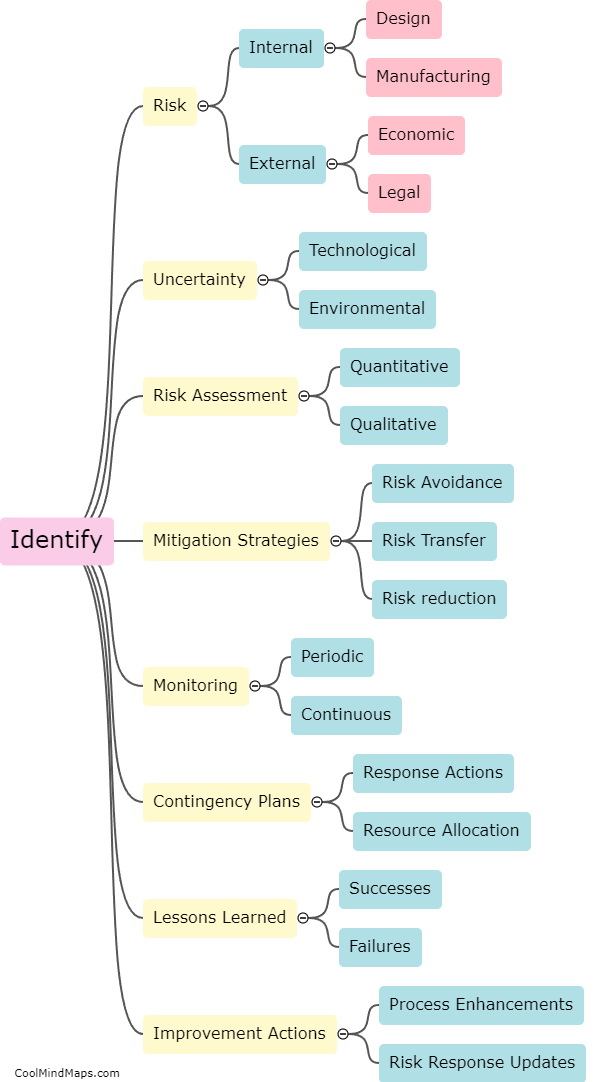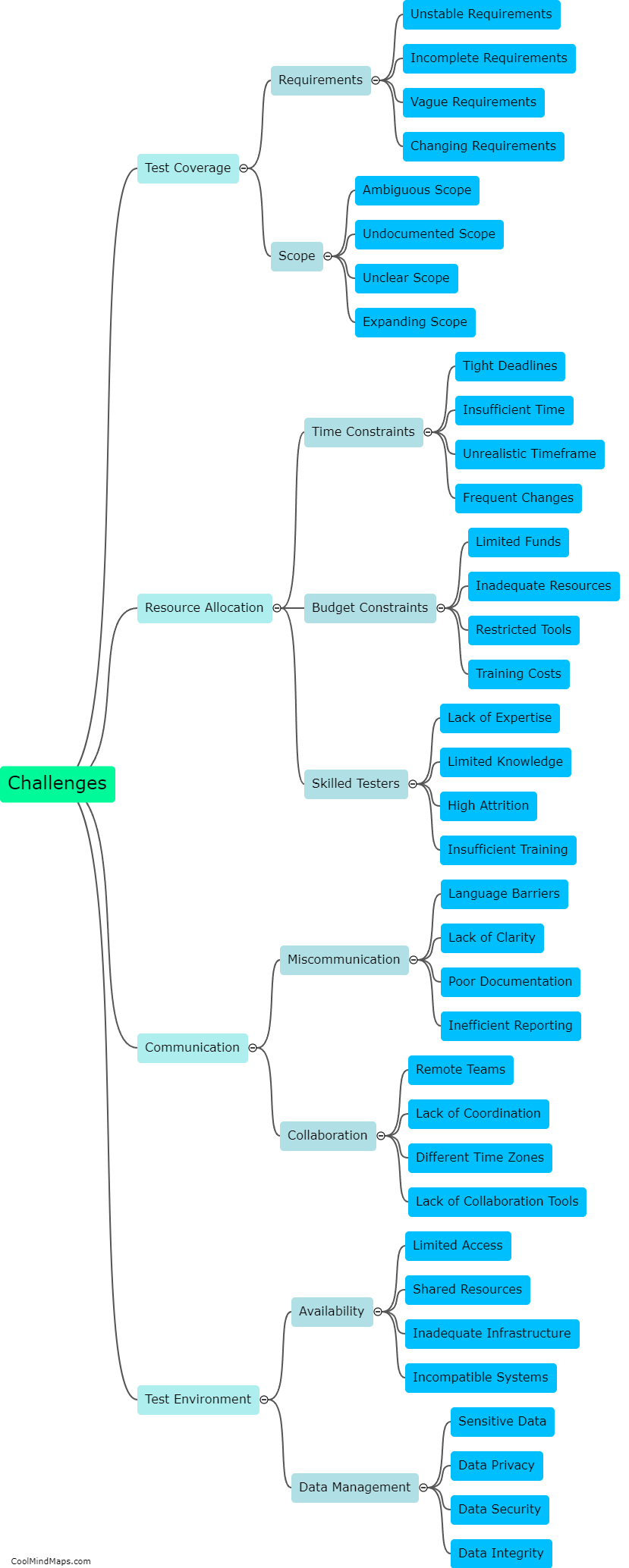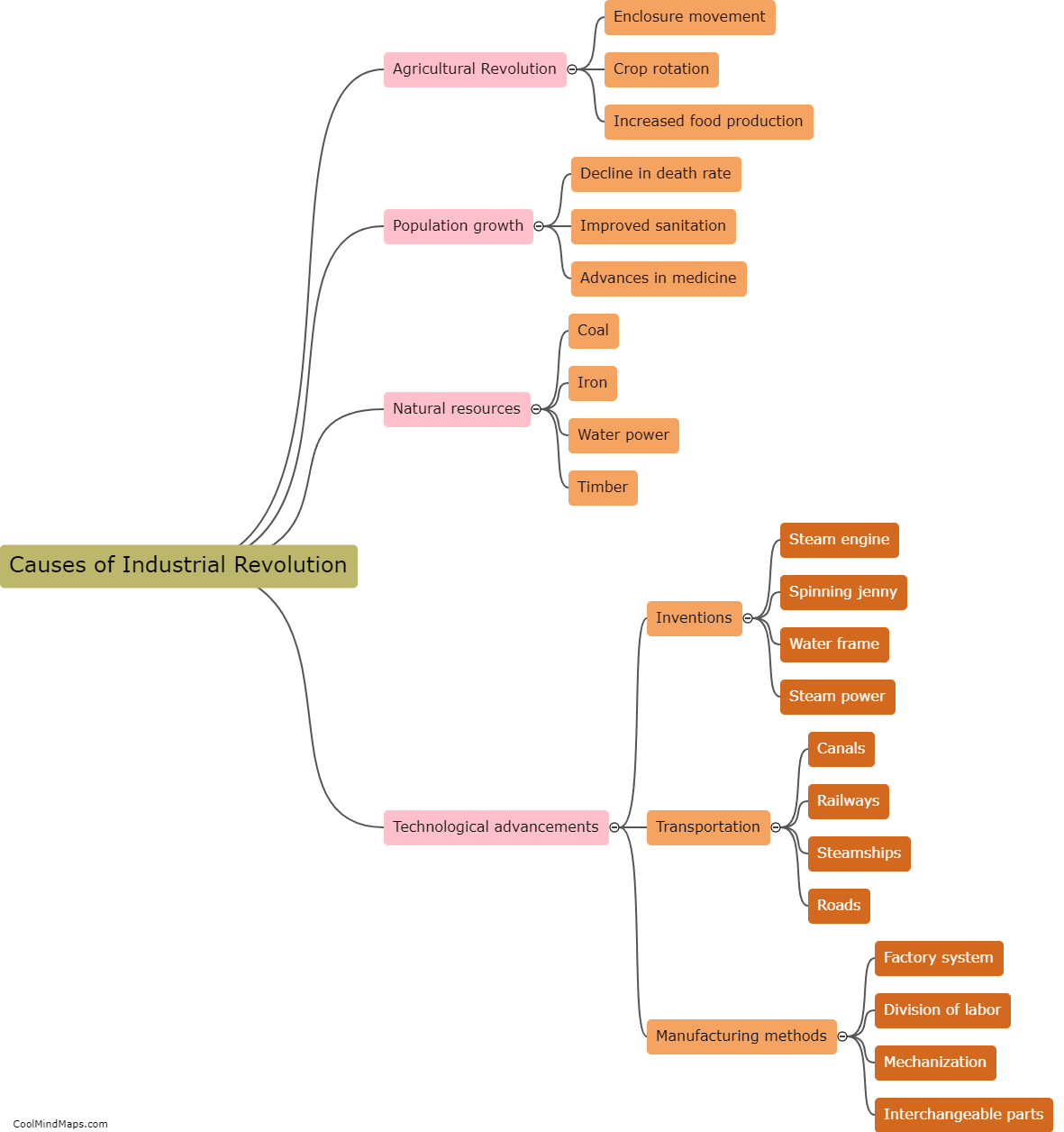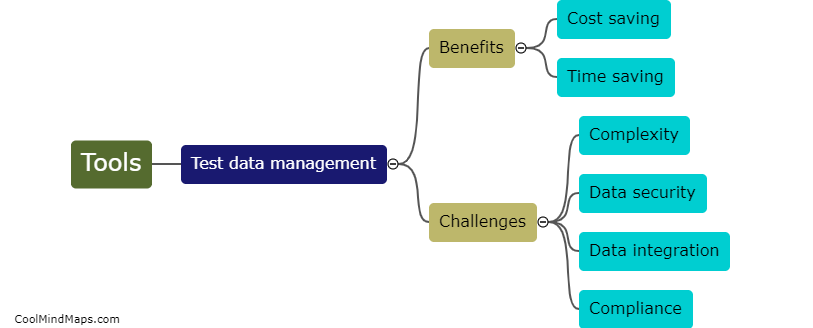What are the different types of testing strategies?
There are several different types of testing strategies that are commonly used in software development. The first is unit testing, which focuses on testing individual components or units of code to ensure they function correctly in isolation. Integration testing, on the other hand, tests the interaction between different components to identify any issues that may arise when they are combined. System testing involves testing the entire system to ensure that it meets the specified requirements and functions as expected. Regression testing is conducted to verify that new changes or updates to the system have not introduced any unintended side effects or caused previous functionalities to fail. Additionally, performance testing examines how well the system performs under specific conditions, while security testing tests the system's resilience to potential security threats. Usability testing evaluates the user-friendliness of the software, while acceptance testing involves testing the software against the end-user's expectations and requirements. Lastly, exploratory testing involves ad-hoc, unscripted testing to uncover any unexpected issues or defects.
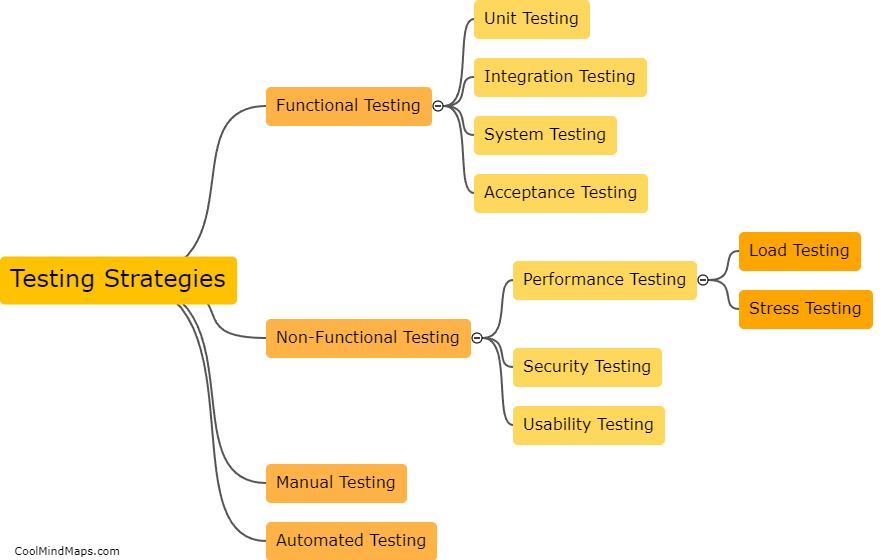
This mind map was published on 30 July 2023 and has been viewed 128 times.

